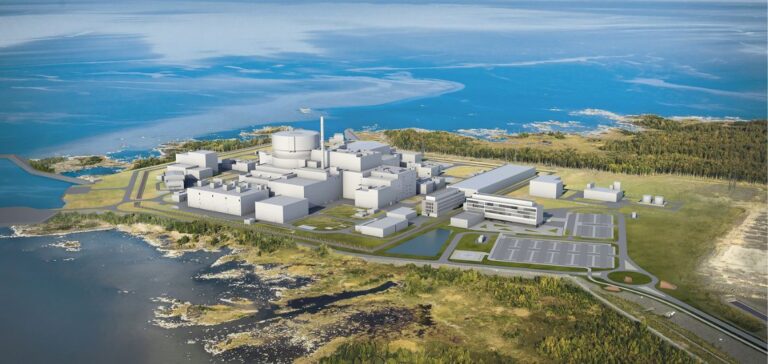Fennovoima Oy has announced the termination of its contract with the Russian company Rosatom for the construction of a reactor in Hanhikivi.
The repercussions of the conflict
Fennovoima Oy, due to the war in Ukraine, announces the termination of the contract for the construction of Hanhikivi in Finalnde. The Dispute Review Board (DRB) confirms that this termination is illegal. In fact, Fennovoima Oy illegally rejects the work by RAOS Project Oy, a subsidiary of Rosatom.
The Dispute Review Board thus establishes the possibility for Rosatom to claim compensation from the Finnish company. According to Rosatom, this abusive breach of contract occurred at a time when the preparatory work for Hanhikivi was being finalized. Thus, in early 2022, Fennovoima Oy announced that the licensing work was reaching the “home stretch”.
These elements allowed the Dispute Review Board to find in favor of Rosatom. However, the Finnish government wanted to achieve rapid independence from Russian energy production. In this context of Russian-Ukrainian conflict, the Finnish Minister of Economic Affairs announced that he would not issue building permits.
A costly dispute
In May 2022, Fennovoima Oy terminated the contract for the construction of Hanhikivi, due to significant delays. The company also claimed that it was impossible for Rosatom to deliver the project in the context of the war in Ukraine. Rosatom is claiming $3 billion from Fennovoima Oy, which is claiming $2 billion from Rosatom.
The Hanhikivi plant was to have a capacity of 1200MW. Thus, it was to meet 10% of Finland’s energy demand. Finally, Fennovoima Oy announced the start of construction in 2023 and commercial operation in 2029.
The chosen plant model was the Rosatom AES-2006 pressurized water reactor. The other bidders for the project were Areva and Toshiba. On the other hand, Russia was exerting pressure to maintain the project by exploiting the investments of the Finnish Fortum in Russia.






















